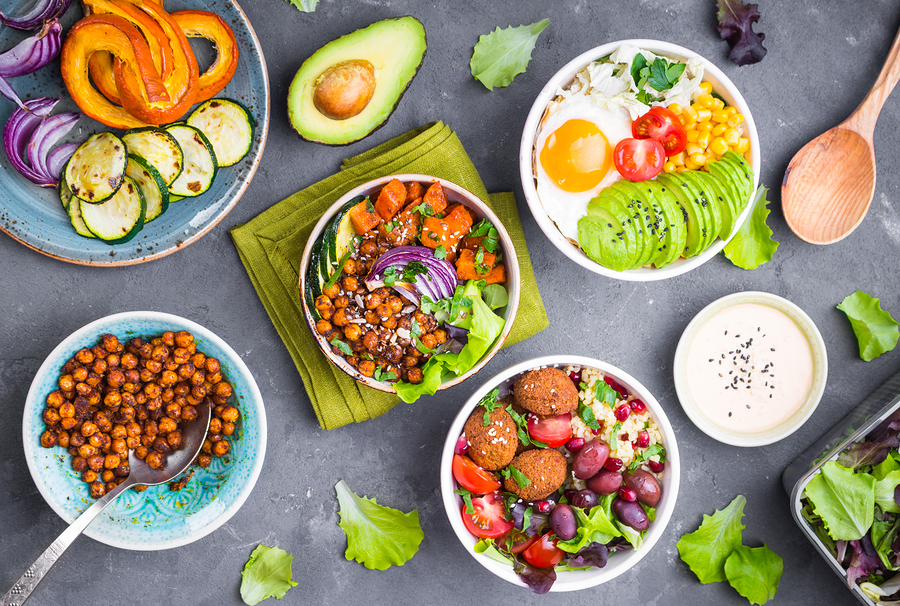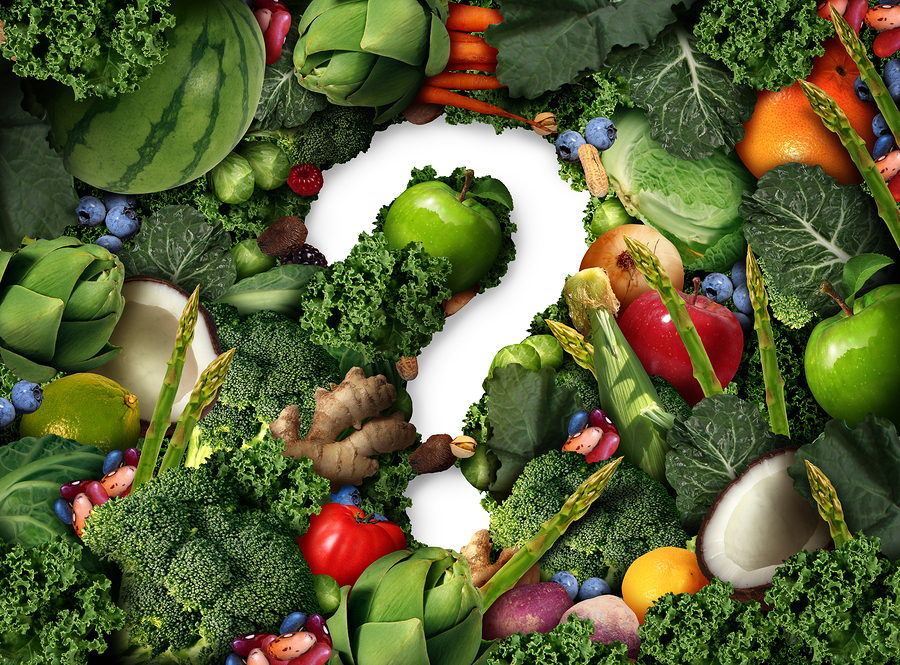- Make It Yourself Lavender Heart-Shaped Bath Bombs!
- 20 Things You Never Knew About “Down There”
- 12 Best Foods For Those Suffering From Arthritis Pain
- 12 Personal Hygiene Mistakes Almost Everyone Makes (Mom Never Told You About #4!)
- 15 Medicinal Plants And Herbs From The Cherokee People
- 12 Mind-Blowing Benefits Of Drinking Coconut Water During Pregnancy
- 12 Outstanding Winter Foods That Won’t Fatten You Up Like A Christmas Turkey
These Foods Will Boost Your Psychological Well-Being
Diet and mental health
Most people know that fruits and vegetables are the basics of good health, but what is much less known is that the benefits are not limited to physical well-being only.
New research, conducted by the Department of Psychology at the University of Otago, New Zealand, found that young adults who were given extra fruit and veggies each day for 14 days experienced a major boost in motivation, mood, and vitality.
Two other groups were given less, or no extra fruits or vegetables. The results were very different at the end of the 14 days with no visible mood or motivational feelings apparent in either of the groups who just ate normally.
To ensure that all things were equal at the beginning of the study, all participants were evaluated for mood, vitality, motivation, and symptoms of depression or anxiety.
The studies further revealed that just a moderate increased intake of fruit and veggies may lower the risk of stress, especially among women.
Stress can take a toll on mental health, and have many negative impacts on physical health.
What is good health exactly?
The world we live in today causes most people to interpret good health as having a perfect body, and no illness or ailments worth mentioning. The television and magazine articles with pictures of perfect people make no mention of any good mental health issues.
Many people are reluctant to discuss mental problems, but in reality good health is a combination of both body and mind feelings of well-being.
You may work very hard to attain that perfect body-shape – which is only temporary at best- while neglecting your mental health which has to last you the rest of your life.
Focus on your mental health with the same fervour as you do the physical, and the first step is to make sure that you follow a healthy diet.
Continue to Page 2
How do fruit and vegetables influence mental health?
The main benefit is that fruit and veggies contain water-soluble vitamins which are readily absorbed by the body and are available for immediate use. These include minerals such as potassium, and vitamins like folic acid, and other B vitamins, which have an impact on serotonin levels in the brain, which is known to relieve depression and anxiety.
Water soluble vitamins are beneficial with a current, or very recent, intake. Fat soluble vitamins need the presence of fat to dissolve and be absorbed by the body, and are stored in the tissues until needed.
They cannot therefore give you the quick boost or lift that water-soluble vitamins can offer.
Here is a list of foods that can improve your mental health for good:
- Leafy greens such as spinach, turnips, lentils, beets, and mustard greens are high in folic acid and B vitamins. Deficiencies in folate and B vitamins have been linked with high rates of depression and fatigue.
- In addition to the B vitamins, broccoli also contains traces of selenium, which helps to keep depression, anxiety, and fatigue at bay.
- Legumes like beans, peas, and lentils contain chemicals and protein which provides the mood-enhancer, serotonin, to the brain, promoting feel-good feelings.
- Potatoes are also rich in water-soluble vitamins for that instant lift.
- Citrus fruit like oranges, lemons, limes, grapefruit, and clementine are all extraordinary high in vitamin C, another water-soluble vitamin for a great boost of energy and vitality.
- Berries, blueberries, or blackberries are also noted as water-soluble fruits that provide an instant mood-lifter.
According to the US Department of Agriculture, adults should aim to eat about two cups of fruit, and two or three cups of veggies per day. Note that one cup of fruit is more or less the equivalent of a half grapefruit or one large orange. While one cup of vegetables is about equal to one serving of squash, or a medium to large baked potato. Otherwise you can measure it out as you prefer in a cup of peas or beans, etc.
Further research
What should also be added here, in context of what is a truly healthy diet, is that a number of studies have revealed that the average American diet is woefully lacking in essential omega-3 fatty acids. The body cannot manufacture these essential fatty acids, so we have to get them from our diets.
The best source is obtained from fish like salmon, tuna, mackerel, and sardines which are high in natural omega-3.
Omega-3 has a positive effect on the brain chemicals which affect our moods, and there is scientific proof that omega-3 has the potential to reduce symptoms of depression, anxiety, and ADH, among other mental disorders.
READ ALSO: This One Vitamin is Vital for Your Health and Mental Well-Being
The bottom line
The consensus among researchers is that feelings of good well-being and a balanced mood can be maintained by a diet which includes healthy carbs, essential fatty acids, adequate amounts of fruit and vegetables, and a reduction of toxic foods made from refined flour and sugars. And it is so much easier to follow this advice than you would think. Just make a decision and give a try to stick to it.
References:


































